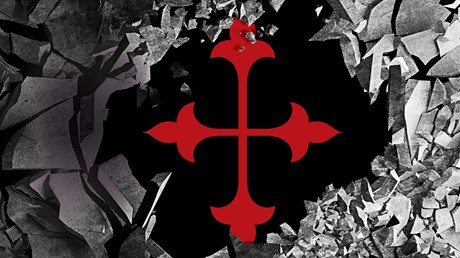What to think of the 45,000 denominations that rose from the Reformation.

Not every Christian is celebrating the Reformation’s anniversary this year. It’s not just Catholics who have reservations; many Protestants do as well. Our enthusiasm for the Reformation’s emphasis on Scripture as the highest and final authority does not mean we can ignore how Scripture repeatedly decries division in the church.
Paul, for example, rebuked the Corinthians, “One of you says, ‘I follow Paul’; another, ‘I follow Apollos’; another, ‘I follow Cephas’; still another, ‘I follow Christ.’ Is Christ divided?” (1 Cor. 1:12–13). It sounds an awful lot like the eight different congregations on Main Street.
Paul noted four factions in the Corinthian church. The Center for the Study of Global Christianity counts 45,000 denominations around the world, with an average of 2.4 new ones forming every day. The center has an admittedly broad definition of denomination, but even a dramatically lower count will be absurdly high in light of Jesus’ prayer in John 17 that we all might be one. It makes some wonder about the Reformation. As one theologian lamented, “Isn’t this the movement that drove the church into the churches?” Should we wholeheartedly celebrate the Reformation when one of its main legacies seems to be so much division?
Rethinking that Memorable Story
The problem seems to have surfaced early on. No other theological matter of the Reformation has provoked more dispute than the Eucharist, and no other historical event has more reinforced the idea that Protestantism is divisive by nature than the Marburg Colloquy.
Perhaps you have heard the story: Martin Luther, the leader of the Wittenberg reformers, met with Ulrich …
Source: Christianity Today Most Read